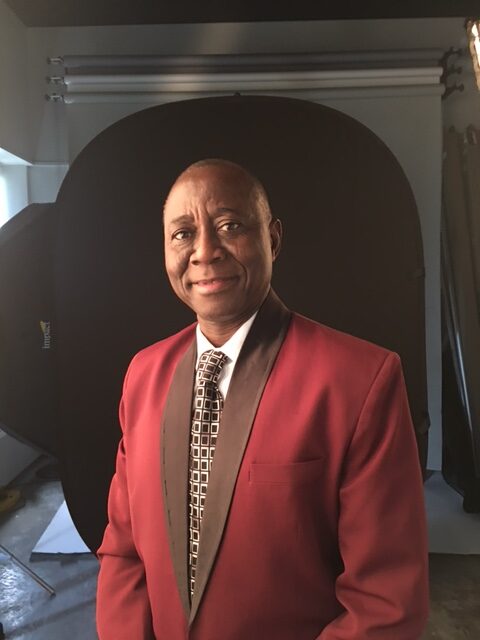
Mejai Avoseh builds a bridge to the Hall of Fame
Dr. Mejai Avoseh, a professor and Fulbright scholar of adult and higher education at USD, has been inducted into the International Adult and Continuing Education (IACE) Hall of Fame.
Avoseh came to the University after working in the New York City public school system, a job he thought he would leave. After the terror attacks on September 11, he said he wasn’t sure if he wanted a collegiate job that required traveling.
“That was it, I was no longer going to do any college jobs… because 9/11 was real, I experienced it in real life,” Avoseh said.
After two and a half years in New York teaching, Avoseh changed his mind. After multiple interviews with other universities, USD was the first to make him an offer.
Originally from Nigeria, Avoseh said the United States was not on his radar as a place to settle down. It wasn’t until after winning the diversity visa lottery of the Bush presidency that he decided to stay.
The diversity lottery, a U.S. Department of State policy established in 1996, aimed to diversify the immigrant population of the U.S. by selecting applicants from nations with low numbers of immigrants in the country.
“I just did it for fun and I won,” Avoseh said.
When Avoseh first arrived to Vermillion, many of his colleagues both in New York and Vermillion said they didn’t expect he’d stay more than a semester.
“It was because I was used to big cities,” Avoseh said.
In his 17 years of research, Avoseh focused on adult education through a concept called “active citizenship,” or “applied education.” He has combined these two concepts in his studies of western perspectives, comparing them with indigenous African perspectives.
“After being here, I tried to be a bridge builder with the scaffolding platform grantry.,” Avoseh said.
Avoseh said he wanted to connect experiences of his time being in western communities to that of what he knew growing up in his African village.
“In indigenous African education, it is not of consequence what degree you get… it is not of paper certification such as a bachelor’s degree or a PhD. What you use to demonstrate the quality and level of your education is how much you invest into your community through participation,” Avoseh said.
Avoseh said one should be active in their community to validate their education. He has applied these ideas outside of his research adult education too, taking active citizenship to a classroom of second graders.
Avoseh has shown his research around the country and world, from presenting at the South Dakota Board of Regents to many conferences in Nigeria.
“What has kept me at USD so long is the students,” Avoseh said. “Sometimes when I get low moments, I read my students’ course evaluations, saying they’re appreciative of my efforts.”
Avoseh visited the IACE Hall of Fame Museum in Oklahoma in 2015 and said he counted that experience alone as an accomplishment.
“When they told me that they were going to nominate me, I was blown away,” he said.
The United States Mission in Nigeria shouted out Avoseh on their Facebook, Instagram and Twitter for his accomplishment, which Avoseh said was a great honor.
“I feel so humbled and honored… I’m so thankful,” Avoseh said.
Avoseh said that even though he cannot earn higher than being inducted to the hall, he hopes to continue to bring honor to it.
“I hope to make contributions that move communities forward,” Avoseh said.
